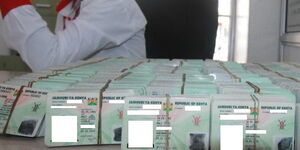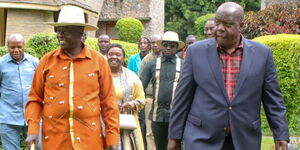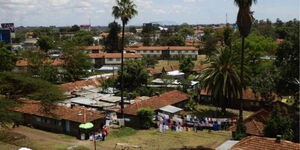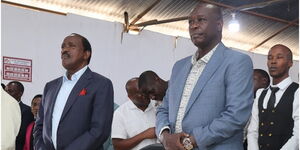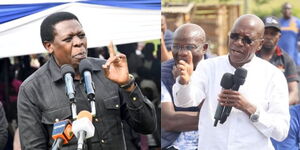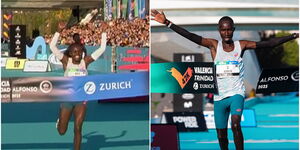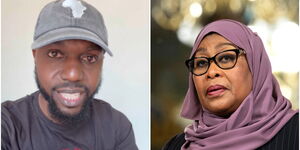Chief Justice Martha Karambu Koome will decide whether to exclude three Supreme Court Judges from the Building Bridges Initiative (BBI) appeal filed by Attorney General, Paul Kihara Kariuki.
The Supreme Court will convene on Tuesday, November 9, to issue directives on how the BBI appeal will proceed, with Koome expected to decide whether to bar her junior’s, Justices Smokin Wanjala, Njoki Ndung’u and Mohammed Ibrahim from the case.
This is after Mr Isaac Aluochier filed an application against the three judges, accusing them of being biased and partial.
Alouchier, who opposed the BBI case at the Court of Appeal, argued that he filed a petition with the Judicial Service Commission (JSC) in 2016, seeking the removal of six Apex Court judges he accused of gross misbehaviour and breach of code of conduct.
The six included former Chief Justice Willy Mutunga and Justices Smokin Wanjala, Njoki Ndung’u, Mohammed Ibrahim, Phillip Tunoi and Jacktone Ojwang. Tunoi, Ojwang and Mutunga retired from office.
"The petition has never been dealt with,” Alouchier stated in his application.
He wants the remaining three judges to recuse themselves or be forced to step down till his petition filed at the JSC is heard.
Koome is at a crossroads on excluding the three as this will leave the Supreme Court with only four out of the mandatory five required to listen to the case. The four judges who will listen to the case should the three be excluded are Koome, Justices Isaac Lenaola, William Ouko and Philomena Mwilu.
The CJ will also rule on the inclusion of five international law experts seeking to join the BBI appeal. The five professors are Richard Albert (US), Yaniv Roznai (Israel), Rosalind Dixon (Australia), David E. Landau (US) and Gautam Bhatia (India).
BBI lawyer, Paul Mwangi, asked the Supreme Court to reject the five who want to enjoin the case as amici curiae - friends of the court.
“An amicus brief ought to be made timeously and presented within a reasonable time. Dilatory filing of such briefs tends to compromise their essence as well as the terms of the Constitution’s call for resolution of disputes without undue delay.
“They have all along been aware of the proceedings from the High Court and never made any attempts to participate or be joined and hence it is a mere afterthought for them to make the application at this stage in an attempt to water down and drag the hearing of the petition of appeal herein,” Mwangi told the court.


